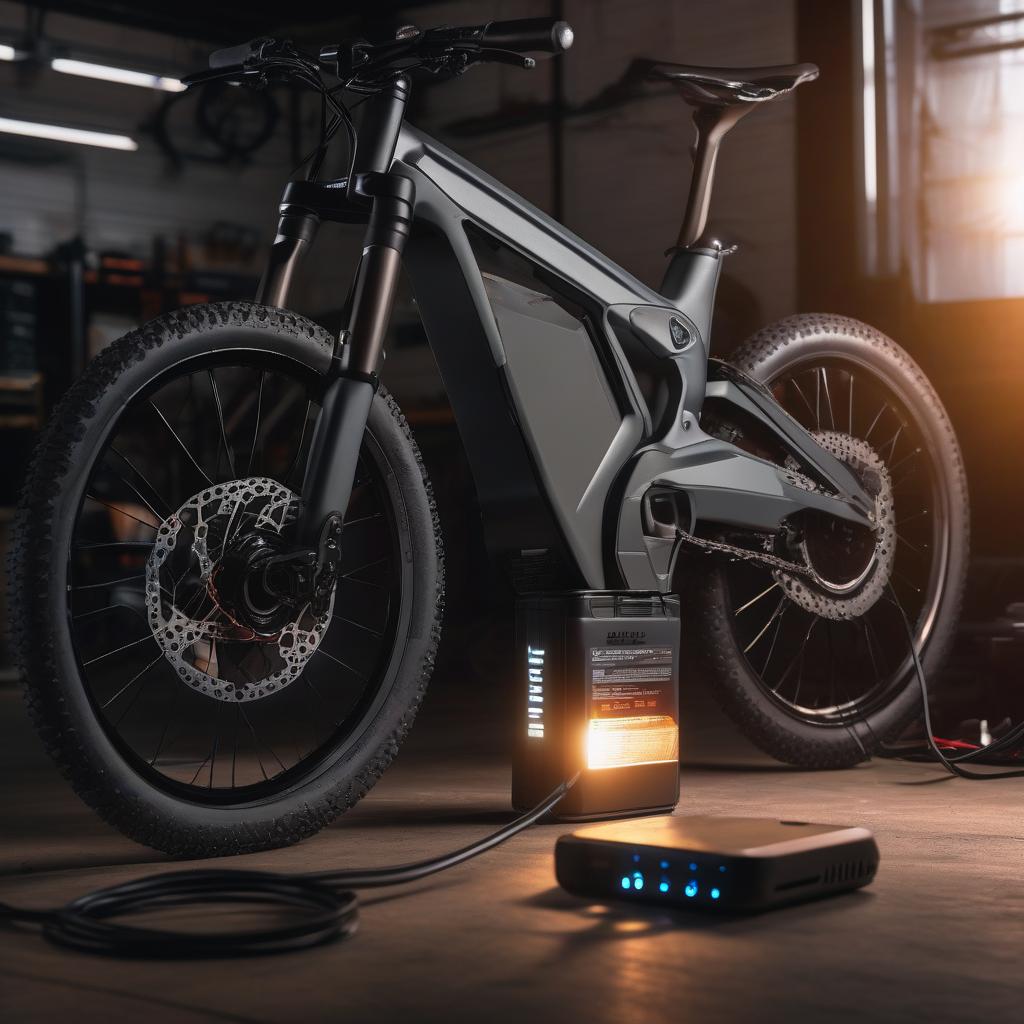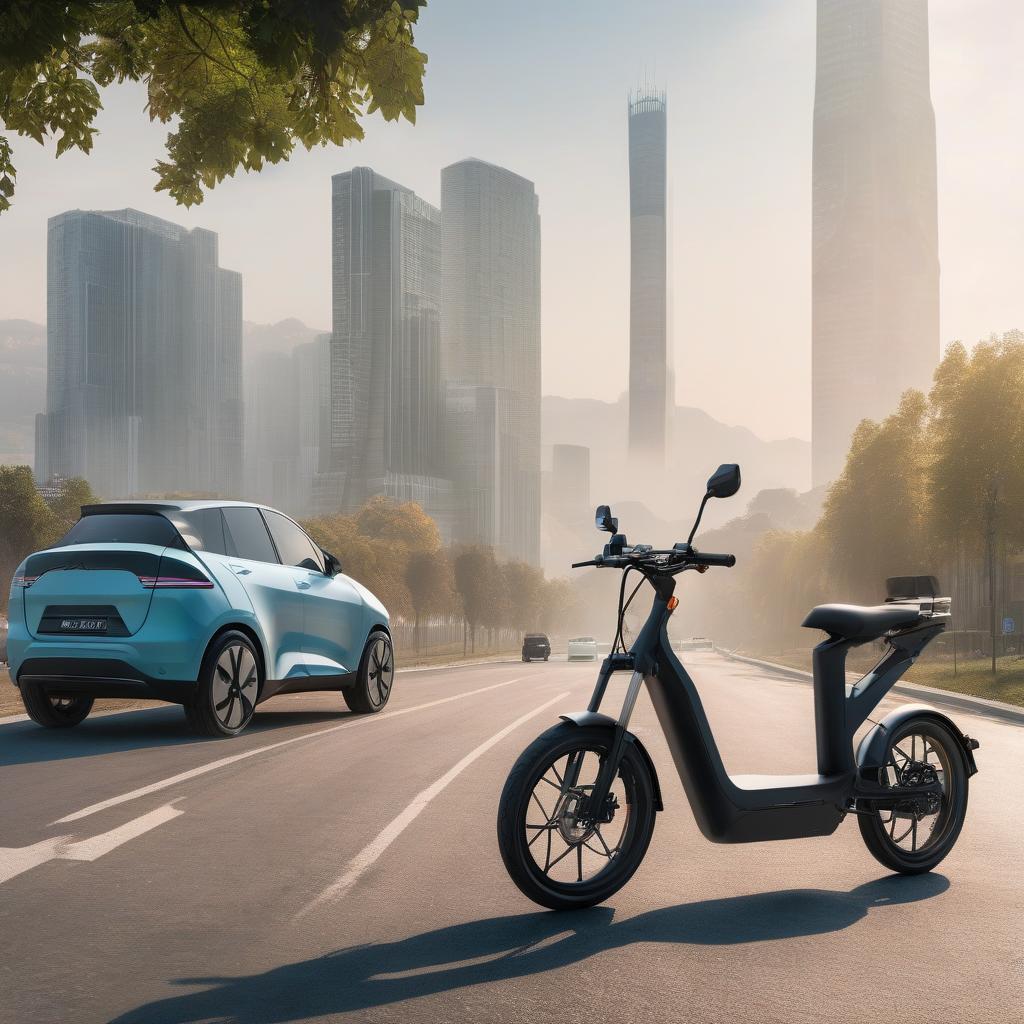Hauling with Ease: The Rise of Cargo E-Bikes
In an age where sustainability and convenience are top priorities, cargo e-bikes are quickly becoming the transportation solution of choice for individuals, families, and businesses alike. These electric-powered, load-bearing bicycles are revolutionizing the way we move people and goods, offering a practical and eco-friendly alternative to traditional delivery vehicles.
What Are Cargo E-Bikes?
Cargo e-bikes are electric bicycles designed to carry significantly more weight than a standard e-bike. They come in a variety of configurations, from front-loading “bakfiets” to rear-mounted trailer systems, all powered by a battery-assisted motor. This combination of electric power and increased carrying capacity makes cargo e-bikes incredibly versatile and practical for a wide range of applications.
Key Features and Benefits of Cargo E-Bikes:
- Heavy-Duty Carrying Capacity: Cargo e-bikes can typically haul loads of 200 pounds or more, making them ideal for transporting groceries, parcels, or even small children.
- Enhanced Maneuverability: The electric motor provides a powerful boost, allowing riders to navigate tight urban spaces and hills with ease, even when heavily loaded.
- Emissions-Free and Environmentally Friendly: As electric vehicles, cargo e-bikes produce zero direct emissions, reducing the carbon footprint of last-mile deliveries and errands.
- Cost-Effective and Efficient: Compared to gas-powered delivery vans or trucks, cargo e-bikes offer significant fuel and maintenance cost savings.
- Improved Safety and Visibility: Many cargo e-bike designs feature low center of gravity and increased rider visibility, enhancing overall safety on the road.
- Versatility and Customization: Cargo e-bikes can be configured with various racks, panniers, and other accessories to suit specific transportation needs.
Real-World Applications of Cargo E-Bikes:
• Urban Deliveries: Cargo e-bikes are gaining popularity with courier services, food delivery companies, and local businesses for efficient, eco-friendly last-mile logistics.
• Family Transportation: Parents are increasingly using cargo e-bikes to transport children, groceries, and other household items, providing a sustainable and convenient alternative to cars.
• Small Business Solutions: Carpenters, plumbers, and other tradespeople are utilizing cargo e-bikes to carry their tools and equipment directly to job sites.
• Municipal Services: Some cities are integrating cargo e-bikes into their fleets for tasks like refuse collection, street maintenance, and urban landscaping.
• Community Initiatives: Non-profit organizations and community groups are using cargo e-bikes to deliver food, medical supplies, and other essential goods to those in need.
Innovations in Cargo E-Bike Design
As the demand for cargo e-bikes grows, manufacturers are continually pushing the boundaries of what’s possible:
• Foldable and Compact Models: For easier storage and transportation, some cargo e-bikes can fold down to a smaller size.
• Extended-Range Batteries: Advancements in battery technology are providing cargo e-bikes with longer riding distances between charges.
• Integrated Cargo Management Systems: Innovative features like GPS tracking, load sensors, and on-board displays are enhancing the functionality of cargo e-bikes.
• Off-Road Capabilities: Rugged, all-terrain cargo e-bikes are opening up new possibilities for outdoor adventures and remote deliveries.
Considerations for Cargo E-Bike Buyers
When selecting a cargo e-bike, it’s important to carefully consider factors like:
- Cargo capacity and weight limits
- Motor power and battery life
- Braking and suspension systems
- Tire size and terrain suitability
- Dimensions and storage requirements
- Local regulations and bike lane access
The Future of Cargo E-Bikes
As urban centers continue to grapple with traffic congestion, air pollution, and the challenges of last-mile logistics, cargo e-bikes are poised to play an increasingly vital role. With advancements in technology, increased affordability, and growing public awareness, the adoption of cargo e-bikes is expected to soar in the coming years.


